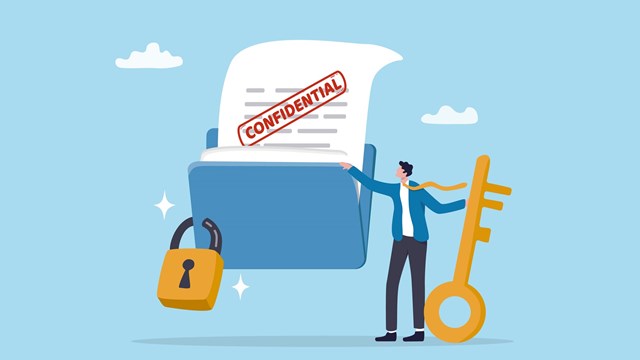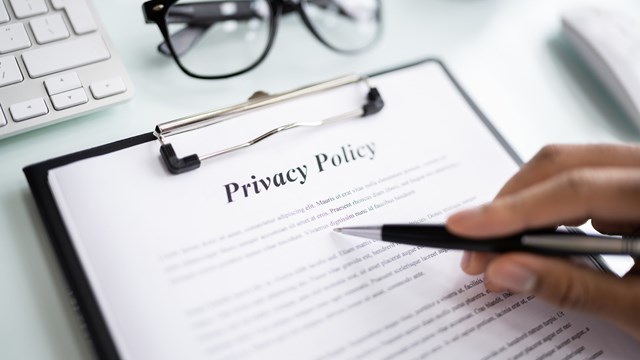Q “Is it legal to require board members to sign a confidentiality form even though
it is not stipulated in the bylaws?”
—Legitimately Concerned
A “Of course it is legal for the board to require board members to sign a
confidentiality form even if it is not stipulated in the condominium documents,” says partner Stephen Marcus of the Braintree, Massachusetts-based law firm of Marcus, Errico,
Emmer and Brooks, P.C. “There are various items that are discussed by board members that are strategic
in nature and should not be disclosed to others. Common sense and case law dictates that board members have a fiduciary duty to
the association. Disclosing confidential information that could be harmful to the condominium
association is inappropriate. We find that board members are usually only asked to sign confidentiality
agreements after a board member discloses sensitive information. At that point, it is too late.
“By all means, have your own attorney review the confidentiality agreement but if it states the obvious, I don't see why you would be reluctant to sign it. Of course, if you do not intend on keeping association confidential business confidential, perhaps you should not serve on the board.”









Leave a Comment